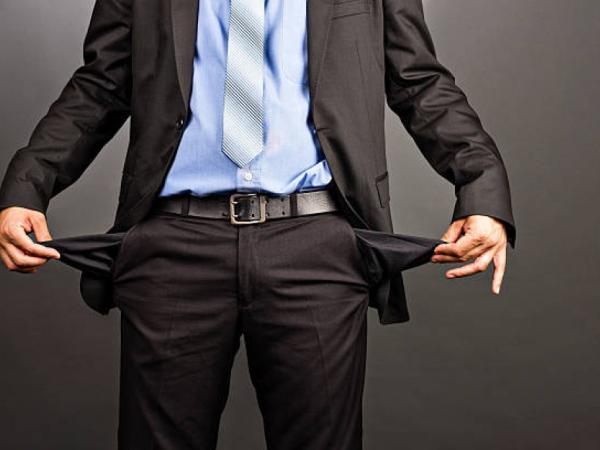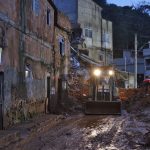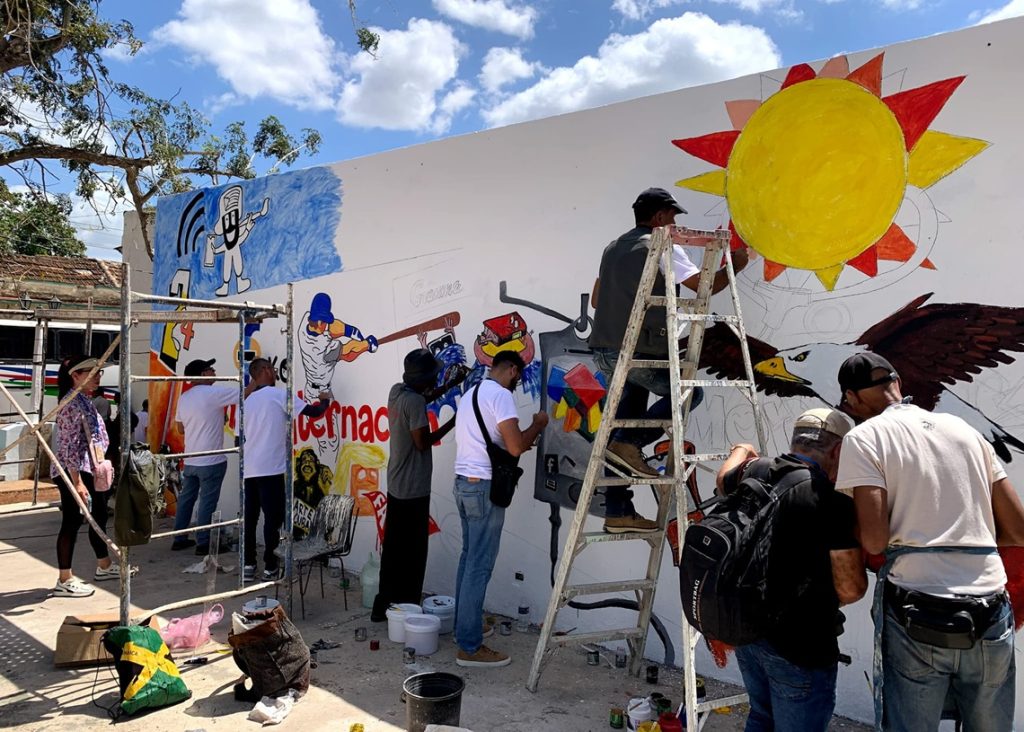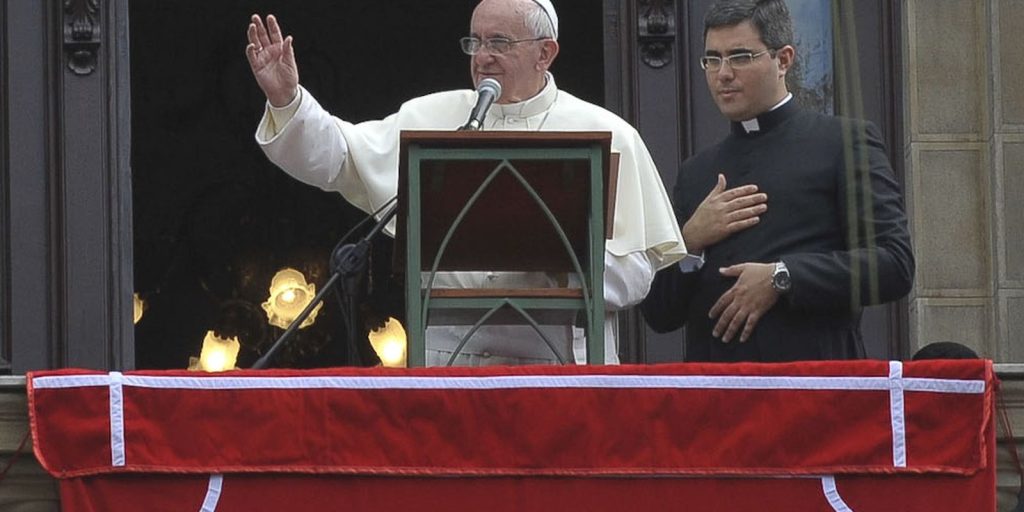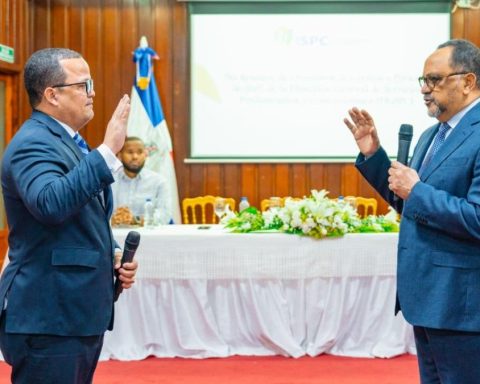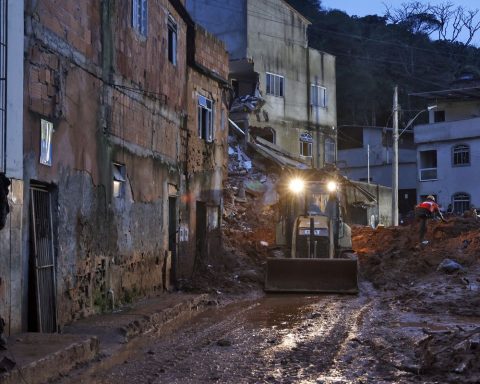Again, the economic and political landscape in the country is stirred, after President Gustavo Petro announced his intention to declare his third state of exception in less than three years. This time, he said through his X account, It would be an economic emergency in response to the yellow fever outbreak that has claimed the lives of tenths of people throughout the country.
This measure, if concretized, would be added to those already adopted in La Guajira (2023) and in the Catatumbo (January 2025) and has turned on the alarms in the country for possible vices of legality, need and true motivations behind its use. While it has served to reiterate the call to the Constitutional Court, to protect the balance between the branches of public power.
More information: Remittances are positioned as the main source of currency in 2025
While the President of the Republic has said that his only motivation is “protecting life”, from political, legal and economic sectors, the perception that Petro would be repeatedly resorting to extraordinary mechanisms to govern by decree, decree, to govern by decree, decree, decree, grow by decree. in a context of growing fiscal pressure and low legislative governance.
“I am going to decree the economic emergency, not because of what the smuggers, washing machines and tankers who have been dominating the economic policy of Colombia, but for something simple and forceful: life,” said the president in a speech that mixed health warnings, climatic explanations and criticism of his opponents.
Ministry of Finance and Public Credit.
Fiscal pretext
The narrative of the head of state suggests that the yellow fever virus, Transmitted by the Aedes Aegypti mosquito, it has reappeared due to climate change and illegal deforestation in areas of Tolima, which has facilitated its propagation from the Amazon to urban areas such as Bogotá.
According to the president, the outbreak has already caused 74 human infections, with a 50%mortality rate. “The old ones are the most vulnerable. They were never vaccinated. Today they are at serious risk,” he warned. However, Petro also accused regional authorities such as the governor of Tolima and the Capital District, for not having strengthened the basic health teams.
It may interest you: ‘Decrease in Ecopetrol Gas demand is key to the transition’: Petro
However, it should be remembered that the seriousness of his words contrasts with previous statements, given that in November 2024, he had assured that the virus had been successfully controlled and This, for several analysts, questions the coherence of the current argument.
The former Minister of Finance and Rector of the EIA University, José Manuel Restrepo, was one of the first to respond and stressed that “I had never seen a justification for a health and economic emergency with such a novel tone and lacking technical rigor,” warning that the narrative turn of the government reveals a more political than health intention: justifying new forms of tax collection without going through Congress.

Colombian pesos
“All this marinated with a November statement and ratified in MarzOr where the Head of State said that the virus problem was already solved, ”said Restrepo, who insisted that this type of improvisation is precisely what leads the Constitutional Court to knock down emergency declarations, as happened with that of La Guajira.
It is worth remembering that precisely 2024 was characterized by being a year in which most decrees issued by President Petro fell, when he declared the economic emergency in that department. At the time the High Court indicated that they had not made over and the measure was not justified.
Other news: Caution on your road trip: the roads of the country that record more accidents
An easy way out
From the legal field, Camilo Cuervo, a partner in Holland & Knight, was even more direct and said that “the president can decree the economic emergency basically because of what he wants, but the court is the one who has the last word. The problem is that it is already becoming a pattern: to govern by decree jumping the Congress. ”
Cuervo recalled that exception decrees can even include measures unrelated to the emergency, as happened in the Catatumbo, where the figure was used to anticipate retentions at the source and his lawyer’s judgment, stressed that this behavior generates a serious legal insecurity, and mine investment confidence.

President Gustavo Petro
“Colombia begins to recover, investors were taking up interest Thinking that this government was not going to extend. But these decisions frighten them and the risk is double: on the one hand, the fiscal crisis is accentuated by squeezing even more to the middle and business class; On the other, a political strategy is projected that aims to raise funds to influence the presidential succession of 2026, ”he said.
Meanwhile, Juan Camilo Restrepo, also former Minister of Finance, agrees that, although legally it is possible to declare an emergency for yellow fever, this is neither necessary nor logical and stated that it is necessary to give legal certainty in each of the legal movements of the national government.
Outstanding news: Yellow fever: thus it is spread and the symptoms to which you should pay attention
“It could cause confusion to have two exception states in force at the same time. And in addition, I do not believe that an economic emergency for yellow fever to deal The retentions from 2026 to 2025 is equivalent to a tax reform without going through Congress, ”he said.
Beyond the legal debate, for many analysts this practice shows a worrying pattern: the recurring use of exceptional figures to avoid legislative debate. In front of an adverse congress and a fiscal crisis that does not give truce, Petro would be opting to decree and centralize key decisions in the Nariño house.

Yellow fever
Finally, in even more critical terms Juan Alberto Londoño pronouncedformer Minister of Finance, who described the presidential intention as an “outburst” and since his perspective said that neither yellow fever is unpredictable nor represents such a severity that justifies a state of exception.
“Colombia cannot live governed under states of exception. It is an institutional breakdown. This polaric decision, scares the investment and raises the country risk. If attending the emergency costs $ 500,000 million, that cannot be used as an excuse to raise the double or triple,” he explained.
According to Londoño, the consequences will be several, beginning with the increase in the cost of debt, depreciation of the weight and fall in market confidence; In times when the country’s economy It does not go through its best moment and demands measures to restore trust and fiscal stability.
